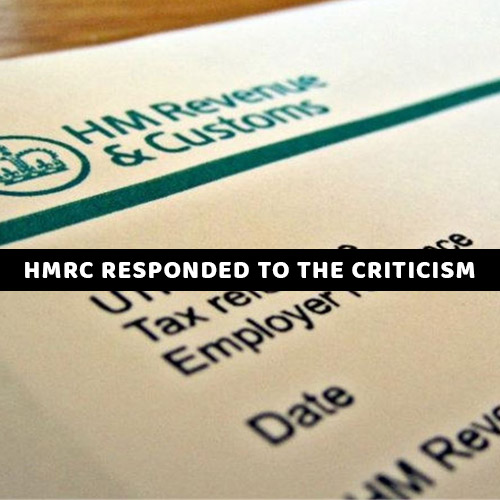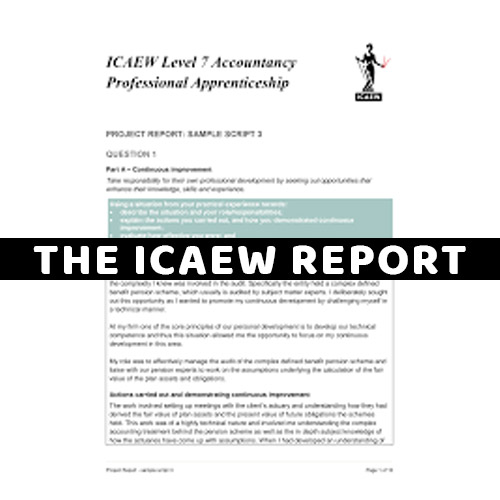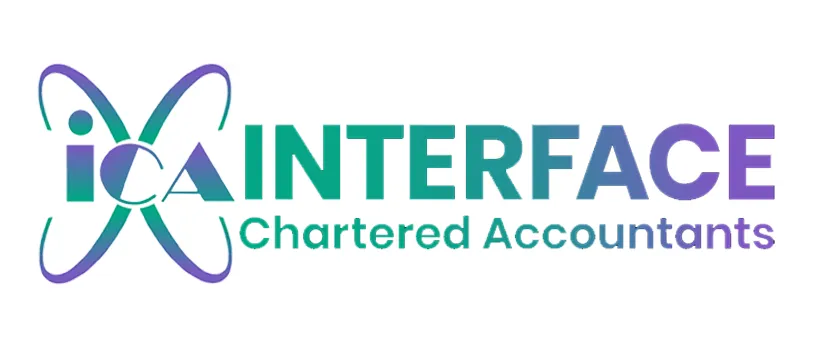Introduction:
The Institute of Chartered Accountants in England and Wales (ICAEW) has publicly chastised Her Majesty’s Revenue and Customs (HMRC) for the UK tax system’s poor performance. The ICAEW has expressed concerns about the system’s efficiency, noting that it has resulted in a number of problems for taxpayers.
-
The findings of the ICAEW report – what issues have been identified?
According to the ICAEW, the current tax system has become overly complex, with taxpayers struggling to understand their responsibilities and obligations. The large amount of data required for tax returns has added to the complexity, increasing filing errors and delays.
Furthermore, the ICAEW has expressed concerns about HMRC’s lack of resources and expertise, making it difficult for taxpayers to obtain the advice and support they require.
The ICAEW has also emphasized the tax system’s impact, noting that its complexity has resulted in a significant increase in compliance costs.
As a result, businesses’ ability to grow and invest in the UK economy has been hampered. The ICAEW has also criticized HMRC for failing to provide timely and appropriate guidance to businesses, which has made it difficult for them to plan and make informed decisions.
The ICAEW report identified a number of issues that need to be addressed in order to improve the financial reporting framework in the UK.
These include:
- Strengthening governance and accountability by improving audit committees, providing better access to non-executive directors and enhancing the role of the Financial Reporting Council.
- Enhancing the role of the auditor by increasing their effectiveness and independence.
- Improving the quality of financial statements by providing better guidance on reporting, improving the skills of preparers and auditors, and providing better access to regulatory guidance.
- Increasing transparency and clarity by introducing clearer financial reporting standards and enhancing the disclosure of non-financial information.
- Enhancing the role of technology by supporting the development of digital technologies such as XBRL and improving the use of analytics and data in financial reporting.
- Enhancing the international standard-setting process by developing a more collaborative approach to the development of global standards.
-
How has HMRC responded to the criticism?

In response to the criticism in the ICAEW report, HMRC has said that it is committed to providing an improved service for taxpayers and will be introducing further changes to make the process simpler and easier to navigate.
They have also stated that they are investing in digital services and introducing new customer service channels to help meet the needs of taxpayers.
HMRC has also committed to making its processes more transparent, with more information available on its website and improved guidance for taxpayers. Finally, HMRC has announced that they are increasing the number of staff available to answer taxpayers’ queries and are making improvements to their call-handling processes.
-
The impact of poor performance on taxpayers – what are the consequences?
Poor performance by the government at any level has serious consequences for taxpayers. It can lead to increased taxes, higher costs of goods and services, and reduced services. Poor performance can also result in a lack of trust in government, leading to a decrease in public participation in civic activities and a decrease in voter turnout. Poor performance can also lead to budget deficits, which in turn can reduce the availability of funds for public services and infrastructure. Finally, poor performance can lead to an increase in government debt, which can cause long-term economic problems for taxpayers.
-
Increasing transparency and clarity by introducing clearer financial reporting standards and enhancing the disclosure of non-financial information.
- HMRC should provide taxpayers with greater clarity and transparency of their financial reports. This could include providing more detailed information on the income, expenditure and liabilities of the organization, as well as clarifying the procedures used to calculate taxes and the consequences of non-compliance.
- HMRC should provide more detailed information on its corporate structure, including the roles and responsibilities of each department and the objectives of the organization.
- HMRC should enhance the disclosure of non-financial information, including the impact of its operations on the environment, the communities it serves, and the wider economy.
- HMRC should ensure that the information it provides is up-to-date, comprehensive and easy to understand.
- HMRC should ensure that its financial reports are audited in accordance with international accounting and auditing standards.
- HMRC should make use of modern technology to improve the accuracy and reliability of its financial reports.
- HMRC should provide guidance to taxpayers on the filing of their tax returns, the consequences of non-compliance and other related matters.
- HMRC should make its financial data available in electronic formats, which are machine-readable, easily accessible and secure.
-
What steps are needed to improve the tax system?
-
Simplify and Streamline Tax Laws:
Reducing the complexity of existing tax laws and regulations can help make the tax system more efficient and easier for taxpayers to understand and comply with. This could involve removing outdated or unnecessary rules and regulations, and replacing them with simpler and more user-friendly alternatives.
-
Increase Education and Guidance:
Providing taxpayers with the necessary guidance and support to understand and comply with their tax obligations is essential. This could include providing resources such as online tutorials, guidance documents, and other materials to help taxpayers understand their obligations and complete their tax returns.
-
Enhance Taxpayer Service:
Taxpayers should be able to obtain the information and assistance they need in a timely and efficient manner. This could involve providing more online services, such as the ability to submit tax returns electronically and access tools and resources to answer questions.
-
Improve Enforcement:
Enhancing enforcement can help ensure taxpayers are complying with their obligations and that those who are not paying their fair share of taxes are held accountable. This could involve increasing the number of audits and investigations, as well as introducing more severe penalties for those who are found to be non-compliant.
-
Increase Taxpayer Participation: Encouraging taxpayers to engage in the tax system can help ensure that the system is fair and effective. This could involve providing incentives for voluntary compliance, such as tax credits or deductions, as well as increasing access to resources and information.
-
Enhance Tax Administration:
Improving the efficiency of the tax administration can help ensure that taxpayers receive their refunds in a timely manner and that their taxes are processed accurately. This could involve increasing the use of technology, such as automated processing systems, and introducing measures to reduce errors in the processing of returns.
-
Improve Taxpayer Representation:
Providing taxpayers with access to independent advice and representation can help ensure that their rights are protected and that they are compliant with their obligations. This could involve allowing taxpayers to access free or low-cost advice and representation, as well as introducing measures to ensure the quality of the advice and representation provided.
-
Enhance Tax Transparency:
Making the tax system more transparent can help taxpayers understand their obligations and ensure that the system is fair and effective. This could involve introducing measures to make tax laws, regulations, and other information about the tax system more widely available, as well as making it easier for taxpayers to access their own tax records.
-
Is the current system sustainable in the long term?
No, the current system is not long-term sustainable. According to the ICAEW report, the current system is inefficient, and reform is required to ensure that it is long-term sustainable and resilient.
According to the report, the current system is too focused on the short term and has failed to address long-term issues such as climate change, population growth, and digital transformation.
The report also emphasizes the importance of strengthening regulatory and governance structures, increasing transparency and accountability, and lowering compliance costs.
-
What lessons can be learned from the ICAEW report?

- Businesses should focus on improving their financial processes and systems, including adopting the latest technology, to ensure better financial decision-making and risk management.
- Companies should ensure that there is sufficient financial expertise within the organization, including bringing in external advisors as necessary, to ensure that financial decisions are made with the best information available.
- Companies should review their risk management processes and ensure that these are up-to-date, comprehensive and regularly tested.
- Companies should ensure that financial reporting is accurate, transparent and timely, and should take steps to provide regular and meaningful communication with stakeholders.
- Companies should ensure that internal controls are robust, regularly reviewed, and updated.
- Companies should ensure that they have a healthy corporate culture that encourages ethical behavior and open communication and adequate policies and procedures to ensure compliance with applicable laws and regulations.
 Skip to content
Skip to content

